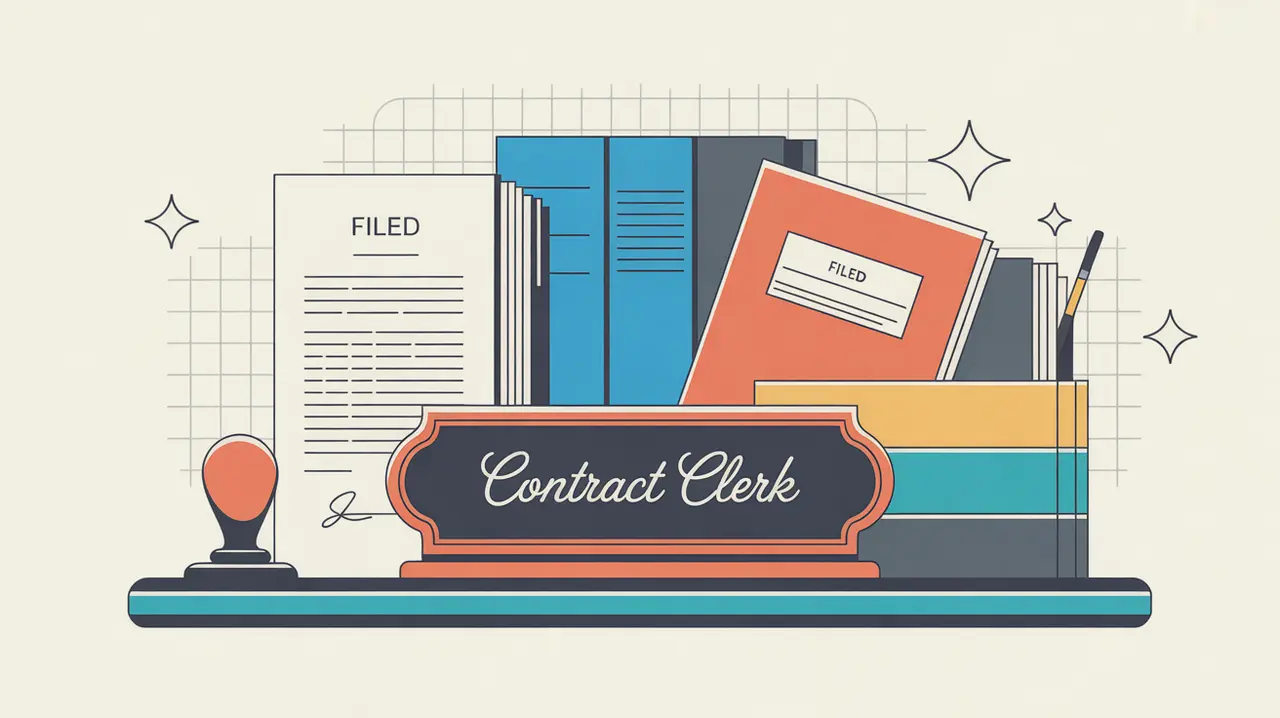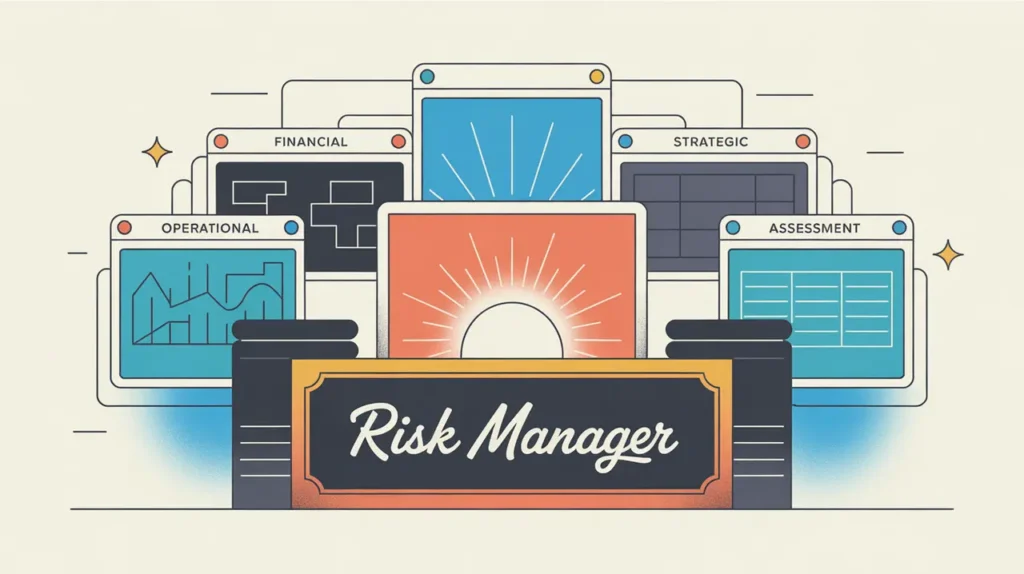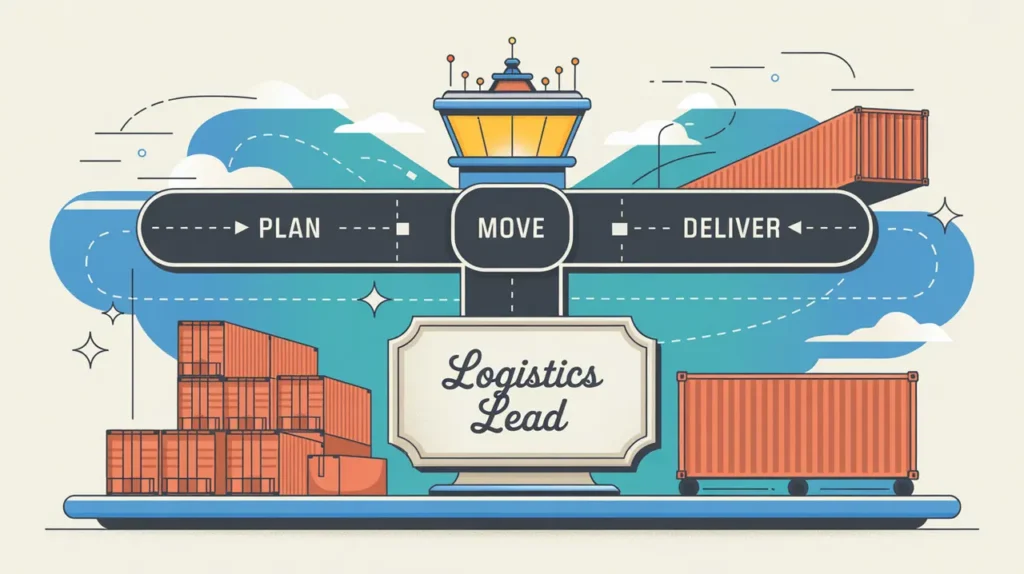What Does the Contract Clerk Role Involve?
A contract clerk provides administrative and operational support to the contracting and procurement functions of an organization. This involves preparing and maintaining contract documents, tracking deadlines and deliverables, supporting compliance checks, coordinating with vendors and internal teams, and assisting in the contract review process. The role typically sits within the legal, procurement, or finance department depending on the organizational structure. In both nonprofits and social enterprises, contract clerks play an important role in ensuring that contracting processes are efficient, accurate, and well documented, supporting both operational effectiveness and risk management.
At What Level does this Role Operate?
Entry Level: This role typically reports to a contract specialist, manager, or procurement officer. Contract clerks focus on administrative tasks and documentation, providing foundational support to more senior contracting professionals.
Relative Employability: Entry-level contracting roles are consistently available across nonprofits, social enterprises, public agencies, and mission-driven organizations, particularly those that manage grants, service contracts, or vendor relationships. These roles provide an accessible pathway into legal, procurement, or administrative careers.
Relative Pay Scale: Within nonprofits and social enterprises, contract clerk roles sit at the lower end of the pay scale, reflecting their support-oriented and entry-level responsibilities.
What are the Key Responsibilities and Activities?
- Prepare, format, and maintain contract documents and related records
- Track contract timelines, deliverables, and renewals to ensure compliance with terms
- Assist in the review and verification of contract data and supporting information
- Support internal approval workflows and help route contracts for signatures
- Coordinate with internal teams, vendors, and partners to collect required documentation
- Maintain organized filing systems and databases for contracts and legal documents
- Provide administrative support during contract negotiations, reviews, or audits
- Help ensure adherence to organizational policies and regulatory requirements
What Core Competencies and Qualifications are Needed?
Required Qualifications and Experience
The following reflect common qualifications and experience expected for this role, while recognizing that pathways may vary by context, organization, and region.
- Relevant academic background in business administration, legal studies, public administration, or a related field, or equivalent experience through internships or administrative work
- Familiarity with basic contract principles, documentation practices, and organizational procedures
- Strong organizational skills and attention to detail
- Ability to manage records, track deadlines, and coordinate information efficiently
- Clear written and verbal communication skills
Key Competencies
- Administrative and documentation accuracy
- Organizational and time management abilities
- Basic understanding of contracting processes
- Communication and coordination skills
- Integrity and reliability in handling sensitive information
- Willingness to learn and develop expertise in procurement or legal support
How are AI and Automation Shaping this Role?
An AI-native contract clerk will look to AI and automation to streamline document preparation, deadline tracking, and data verification. They can use AI tools to auto-generate contract templates, flag missing information, and track renewal or compliance deadlines. Automation can support filing, approval routing, and data entry, allowing the clerk to focus on quality control and learning the nuances of contract management. By integrating AI thoughtfully, contract clerks can become more efficient and build skills that support progression into more advanced contracting roles.
What Career Pathways and Transferable Skills are Associated with this Role?
Contract clerk roles provide a foundation for advancement into contract specialist, procurement officer, legal assistant, or compliance roles. The skills developed in documentation, organization, and regulatory understanding are transferable across nonprofits, social enterprises, government agencies, corporations, and international organizations. Many professionals in procurement and legal functions begin their careers in clerk roles, gaining practical experience with contracting systems and procedures.







